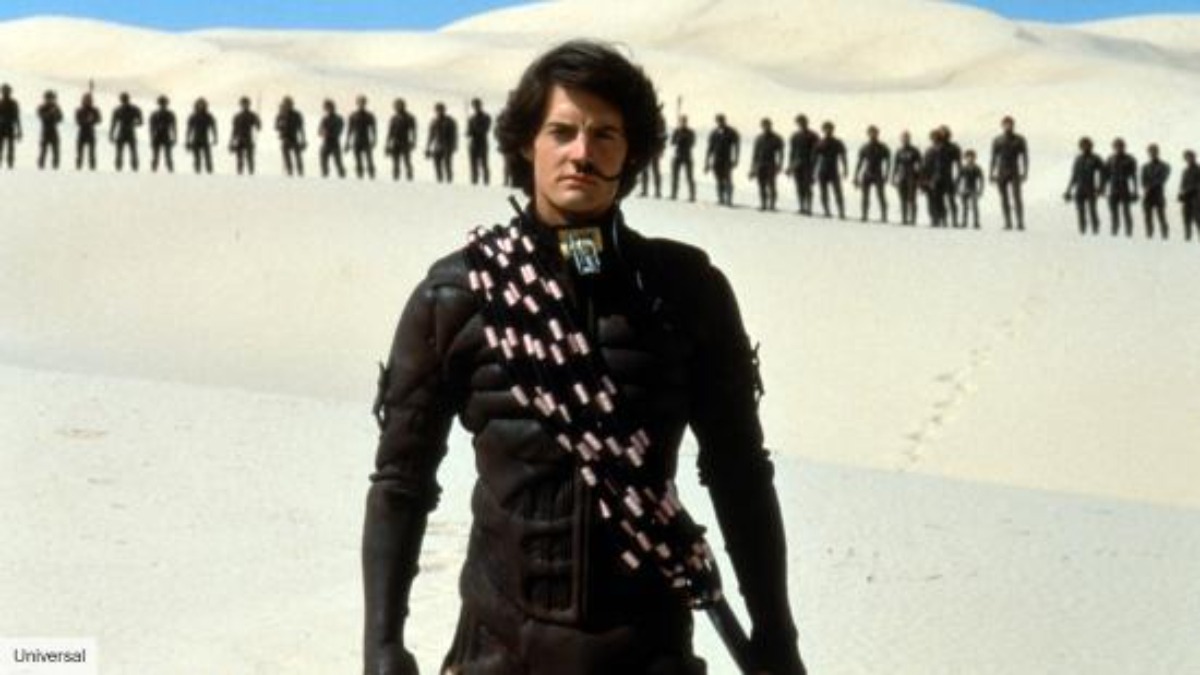Denis Villeneuve’s adaptation of Dune marks another chapter in the saga of bringing Frank Herbert’s seminal science fiction novel to the big screen. While Villeneuve isn’t the first director to tackle this ambitious project, he felt compelled to offer his own interpretation, believing that there was still a different cinematic vision waiting to be realized.
In an interview with Empire, Villeneuve candidly discussed his impressions of David Lynch’s 1980s adaptation of Dune. While he expressed admiration for Lynch as a filmmaker, he admitted to feeling only partially satisfied with Lynch’s take on the material. Villeneuve appreciated certain aspects of Lynch’s version but also felt there were creative choices that didn’t fully resonate with him.
Despite his reservations, Villeneuve acknowledged Lynch’s unique style and artistic sensibility, referring to him as “the master.” Lynch’s adaptation of Dune diverged from traditional sci-fi conventions, embracing the novel’s complex narrative and surreal elements. With its emphasis on dialogue and exploration of themes like psychic abilities and political intrigue, Lynch’s film offered a distinctive cinematic experience.
Lynch’s Dune arrived on the heels of Alejandro Jodorowsky’s ambitious but ultimately unrealized attempt to adapt the novel. Jodorowsky’s vision for Dune was nothing short of epic, with a star-studded cast including Orson Welles, Mick Jagger, and Salvador Dalí, and plans for a monumental 14-hour runtime. Although Jodorowsky’s project never came to fruition, its legacy lives on in the realm of filmmaking documentaries, notably in the acclaimed film Jodorowsky’s Dune.
Villeneuve’s adaptation of Dune represents yet another chapter in the ongoing cinematic journey inspired by Herbert’s novel. With his own distinct sensibility and vision, Villeneuve endeavors to capture the essence of Dune while offering audiences a fresh perspective on this beloved science fiction epic.


